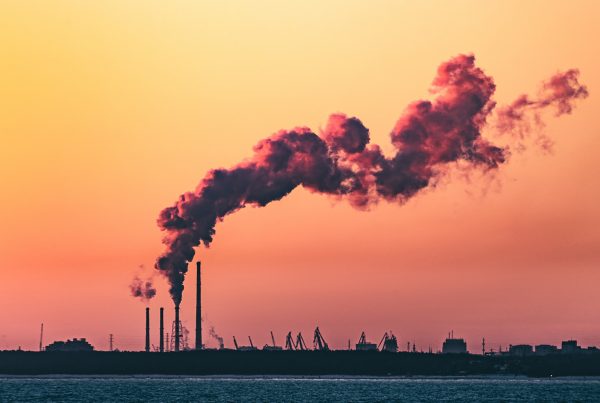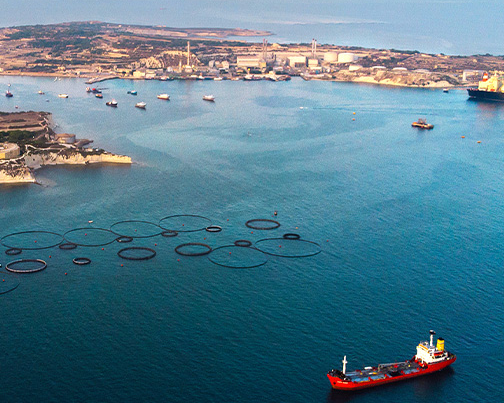Europe is ambitious in becoming the first climate neutral continent by 2050, as well as being the global number one in renewable energy. In achieving this objective, Europe must lead the development of the next generation of renewable technologies, whilst also integrating the energy produced from renewable sources into the energy system in an efficient and cost-effective way.
Alternative renewable technology
New technologies, along with natural gas, will play a vital role in helping the EU reach this ambitious goal of carbon neutrality. The EU will use alternative gas sources, routes, and infrastructure to boost European energy security. Clean energy sources will complement natural gas in European efforts to decarbonize and contribute to European energy security.
Ambitious research and innovation targets have been set for 5 renewable energy technologies, namely:
- Off-shore wind energy;
- The next generation of solar photovoltaics (‘PVs’);
- Ocean energy;
- Concentrated solar power (‘CSP’); and
- Deep geothermal energy.
These technologies, among others, have the potential of reducing costs quite effectively, as well as improving performance and contributing to the green transition.
However, we are also witnessing a proliferation of innovative green technologies appearing on the market, technologies which are capable of generating zero-carbon energy with zero-waste, but which, it may be argued, do not fall within a restrictive interpretation of the definition in our law – i.e. new green technologies which generate completely green energy and produce no waste but which do not fall within the ‘bioenergy, geothermal, hydropower, ocean, solar or wind’ bracket as in the five points described above.
This is quite a conundrum for Malta because in principle anyone who invests in these promising technologies would not qualify for the feed-in tariff applicable to traditional technologies such as for example solar energy. This would clearly stifle innovation and hinder the emergence of a market of alternative green technologies in Malta. And this because the current definition of renewable energy under Maltese law is simply not technology neutral or is interpreted in a traditionalist or conservative manner. This would be even more lamentable because without these innovative technologies Malta will not be able to meet the 2050 targets as enshrined in the European Green Deal as we simply do not have enough wind, sun, or land to generate that much clean energy by 2050. Malta needs to foster the growth of alternative green technologies that are best suited to meet Malta’s constraints and particularities as a small island cut off from the rest of Europe. We cannot afford to exclude these technologies which are instrumental in the effective implementation of the European Green Deal in Malta.
Recent Posts / View All Posts



Green Deal Malta is a non-political platform, which is not affiliated with any public or Governmental body.

